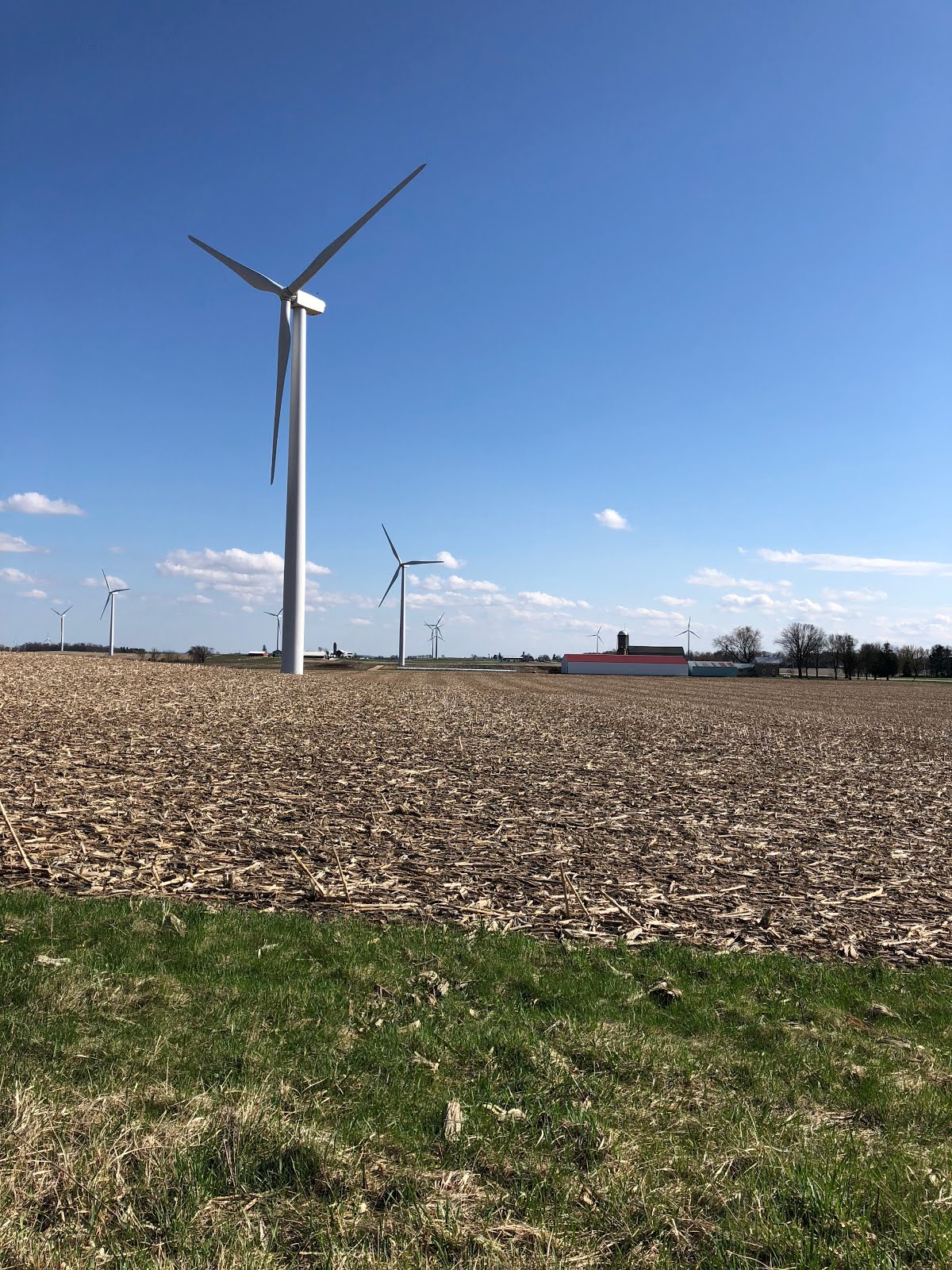Groups Lay Out Case For Equitable Planning
Six civic, civil rights and environmental organizations have submitted together formal comments to the federal reviewers who are required to assess the performance of the Southeastern Wisconsin Regional Planning Commission every four years.
It's an excellent analysis - - linked here.
Similar analyses have been forwarded into the process by many individuals, and also by both the City of Milwaukee and Milwaukee County - - the latter being highly-significant because it pays the largest share of the SEWRPC operating budget annually (about half from city taxpayers), so any statement about equity in the agency's structure, management or work product has got to get the attention of the reviewers.
Four years ago, the federal reviewers, hearing similar public complaints, worked out with SEWRPC the creation of an Environmental Justice Task Force to serve as a bridge to low-income and minority communities excluded from SEWRPC activities.
The task force is operating, but it took until 2007 to get it created, and as the task force gets its bearings it has found its desires opposed by SEWRPC senior managers. At its most recent meeting, the task force approved a resolution unanimously over the objections of SEWRPC's Executive Director, Phil Evenson - - that SEWRPC be required to include in all its studies an independent socio-economic analysis.
The trigger for that resolution was SEWRPC's indefensibly slow start of a regional housing study - - it may begin later this year after a 33-year-plus-delay - - and SEWRPC's new, recommended regional water supply plan that has no socio-economic analysis even though water transfers and access have enormous implications for economic justice.
Water affects economic development, job creation, housing construction, transit networks and the multi-level distribution of taxes and infrastructure - - and SEWRPC, to date, has not been inclined to include in its focus and advisory committees and decision-making apparatus the voices of independent analysts or low-income and minority advisors.
Certainly reform at SEWRPC has been a need for years. I have argued that Milwaukee should be at the center of a new regional planning agency that could also partner with SEWRPC's more suburban and rural neighbors.
The goal should be active inclusion of all communities into planning and fair distribution of the resources. The current arrangement short-changes Milwaukee and is a clear-cut example of taxation without representation.
The case for changes, big and small at SEWRPC, is made in the groups' formal comments and the feds should read it carefully.









No comments:
Post a Comment